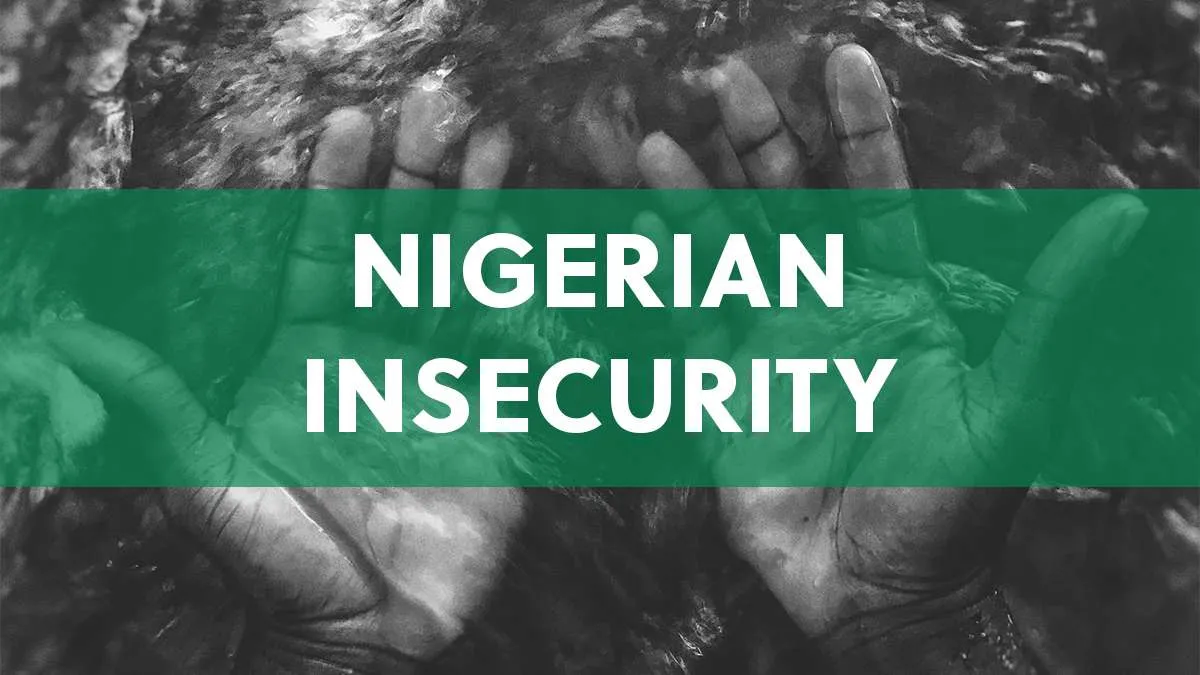
The Chief Executive Officer of the Nigeria Financial Intelligence Unit (NFIU), Hafsat Abubakar Bakari, revealed that networks facilitating global financial crimes are exploiting the weaknesses of stakeholders involved in combating these crimes to spread weapons and other illicit goods, destabilizing the African region.
Bakari made this observation on Tuesday in Abuja during a roundtable discussion jointly organized by the NFIU and the London Stock Exchange Group (LSEG).
The roundtable, themed “Public-Private Partnerships (PPPs) as a Platform to Support Collaboration Among AML/CFT/CPF Stakeholders,” underscores the importance of unity in fighting financial crimes in Nigeria, according to the NFIU boss.
She noted that no single organization, public or private, has the capacity to confront the challenges of financial crimes in isolation and stressed that these challenges can be surmounted through Public-Private Partnerships (PPPs).
She stated: “Nigeria and the global community face a growing and interconnected web of financial crimes that undermine our economic integrity, threaten our national and global security, and facilitate the spread of weapons and other illicit goods that destabilise our region.
“These threats are not only complex but also international in nature, taking advantage of gaps in oversight, regulation, and enforcement.
“More importantly, the networks that facilitate these crimes exploit weaknesses in our ability to work together and share information across all the stakeholders involved in the fight against financial crime.
“No single organisation, public or private, has the capacity to confront these challenges in isolation. It is only through cooperation that Public-Private Partnerships provide a structured and effective platform for pooling resources, intelligence, and technologies.
“They enable stakeholders to align their efforts, share actionable insights, and develop strategies to counter financial crimes at all levels. Financial crimes are rarely confined to national borders. By working with international partners like the LSEG, Nigeria can enhance its participation in global initiatives against financial crimes, aligning with organizations such as FATF and GIABA.
“A prime example of a successful PPP in Nigeria is the Bank Verification Number (BVN) initiative. This partnership between the Central Bank of Nigeria (CBN) and commercial banks has been transformative in combating financial crimes.
READ ALSO:
“The BVN system provides every bank customer with a unique biometric identifier and links all accounts of a customer, significantly reducing identity fraud, enhancing transparency, and improving the ability of stakeholders to monitor financial transactions.
“This initiative has strengthened the nation’s AML/CFT framework and demonstrates the potential of PPPs to deliver systemic impact. While the BVN implementation has had tremendous value for our law enforcement and supervisory authorities, I believe we should not rest on our oars.
“We must continuously seek new innovative approaches, for instance, through shared KYC systems, financial intelligence-sharing partnerships, and joint analytical teams, all of which have been used extensively in other jurisdictions.
“Another example of the use of PPPs in our national AML/CFT/CPF framework is the effort to combat wildlife crimes, which are increasingly recognized as a significant predicate offense for money laundering.
“With the leadership of the Ministry of Environment and the National Environmental Standards and Regulations Enforcement Agency, Nigeria has brought together financial intelligence from the banking sector, law enforcement, and prosecutorial authorities, making significant strides in combating wildlife trafficking networks that fund and benefit from criminal enterprises undermining biodiversity.
“By incorporating wildlife crime into our PPP agenda today, we ensure that the lessons learned can also benefit other critical stakeholders.
“I am particularly pleased that this PPP on Illicit Wildlife Trade has benefited from the international expertise of so many partners, such as United for Wildlife, which has recently launched a West Africa Chapter and established an IWT Charter. The NFIU and ICPC have both signed up to prioritize environmental crimes.
“We have also been able to tap into the best practices available through the South African Anti-Money Laundering Integrated Task Force’s (SAMLIT) work on illegal wildlife trafficking. I am grateful that the former Head of the South African FIU is with us again today to share more of these lessons.
“These examples showcase the potential of PPPs across various sectors to transform our national, regional, and global approach to fighting crime.”






